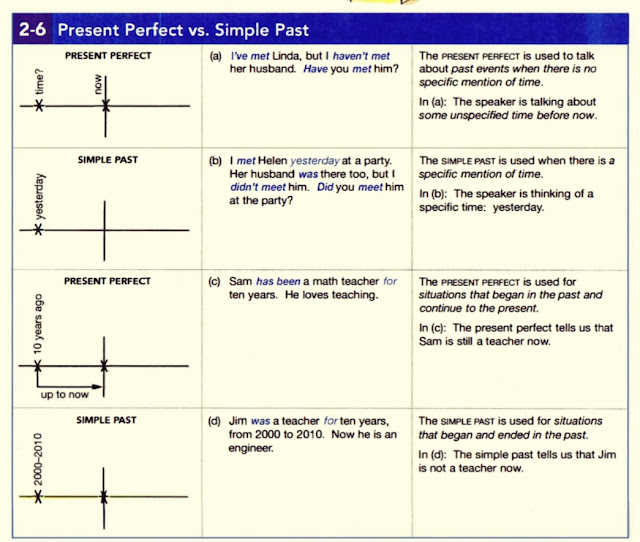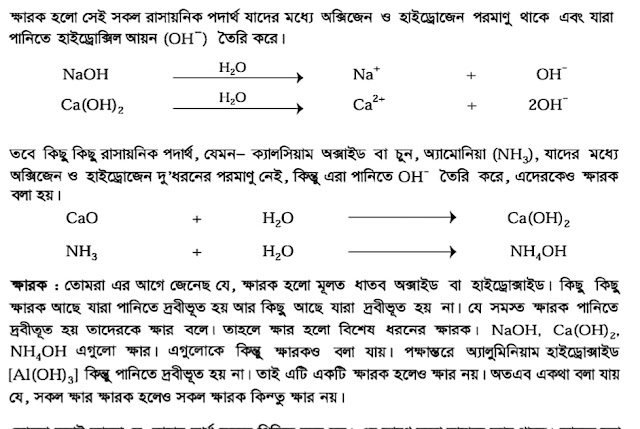Conceit |Literary Devices |Literary Terms
Conceit |Literary Devices |Literary Terms
Comparison between two far-fetched objects of different kinds. Conceit makes its readers surprised by its ingenious discovery and delights them by its intellectual quality.
A famous example is Donne's comparison between two lovers' souls and the two arms of a pair of compasses in "A Valediction Forbidding Mourning ".
If they be two, they are two so
A stiff twin compasses are two;
Thy soul, the fixed foot, makes no show
To move, but doth, if th" other do.
Thy soul, the fixed foot, makes no show
To move, but doth, if th" other do.
Of the several conceits in "The Good-Morrow", here is one:
Where can we find two better hemispheres,
Without sharp North, without declining West?
Without sharp North, without declining West?
The comparison between two hemispheres and two lovers is an unusual, thought provoking one, and so, it is a conceit.
Read More:Comic Relief
Read More:Comic Relief



Comments
Post a Comment